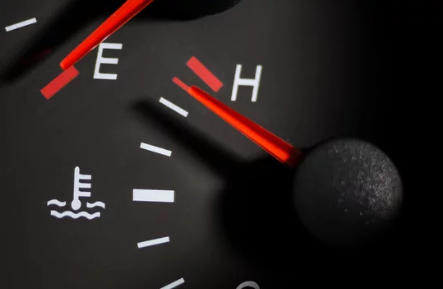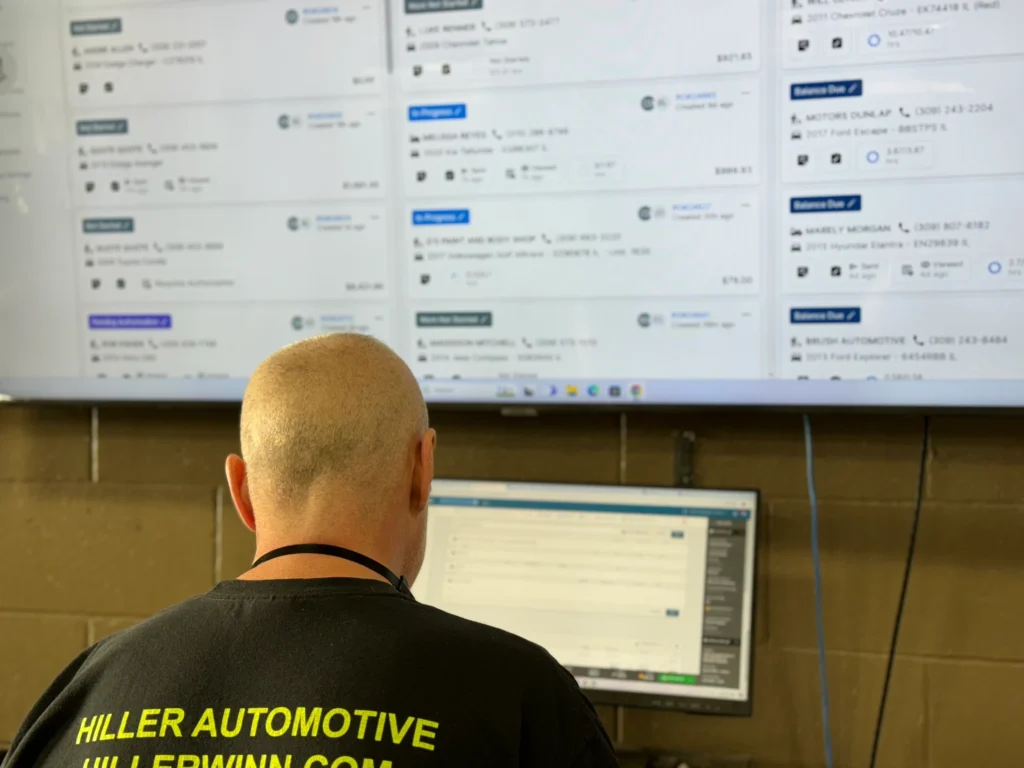
Few things are as alarming as seeing your car’s temperature gauge climb into the red or steam rising from under the hood. An overheating engine is a serious issue that can lead to costly repairs if not addressed promptly. Understanding what causes a car to overheat and how to fix it can help prevent long-term damage and keep you safely on the road.
Several factors can contribute to an overheating engine. Here are some of the most common causes:
Coolant (also known as antifreeze) plays a crucial role in regulating your engine’s temperature. If the coolant level is low due to a leak or evaporation, your engine can quickly overheat.
How to Fix It: Check your coolant reservoir and radiator to ensure they are filled to the correct level. If coolant levels are consistently low, inspect for leaks and have them repaired.
Leaks in the radiator, water pump, or hoses can cause coolant to escape, leading to overheating. Even a small leak can reduce the system’s ability to keep your engine cool.
How to Fix It: Look for visible signs of leaks under your car or around the engine. If you notice coolant puddles, take your vehicle to a professional for a thorough inspection and repair.
The thermostat regulates the flow of coolant between the engine and the radiator. If it gets stuck in the closed position, coolant can’t circulate properly, causing the engine to overheat.
How to Fix It: If your car is overheating and the radiator hoses remain cool, the thermostat might be stuck. Replacing the thermostat is usually an inexpensive fix that can resolve the issue.
The water pump is responsible for circulating coolant through the engine. A malfunctioning water pump can disrupt coolant flow, leading to rapid overheating.
How to Fix It: If you hear a whining noise or see coolant leaking from the front of the engine, your water pump may need to be replaced. A mechanic can confirm and fix the issue.
A clogged radiator can prevent heat from dissipating properly, causing the engine to overheat. This can result from debris buildup, corrosion, or internal blockages.
How to Fix It: Regular radiator flushes and maintenance can help prevent clogs. If the radiator is damaged, replacing it may be necessary.
The cooling fan helps keep the radiator at the right temperature, especially when driving at low speeds. If the fan motor or sensor fails, your car may overheat when idling or in traffic.
How to Fix It: Check if the fan runs when the engine heats up. If not, inspect the fan motor, fuses, and wiring, or have a mechanic diagnose the issue.
Belts and hoses are essential to the cooling system. If a belt driving the water pump or fan becomes loose or breaks, it can lead to overheating.
How to Fix It: Inspect belts and hoses regularly for cracks or looseness. Replace them as needed to prevent breakdowns.
To avoid overheating issues, follow these preventive measures:
If your car starts to overheat while driving, take these steps to prevent engine damage:
If your car is overheating or you suspect an issue with your cooling system, don’t wait until it leads to costly repairs. At Hiller Automotive, our expert mechanics are ready to diagnose and fix any cooling system problems. Book your service appointment today to keep your car running smoothly and avoid engine damage!

Subscribe for specials and updates.